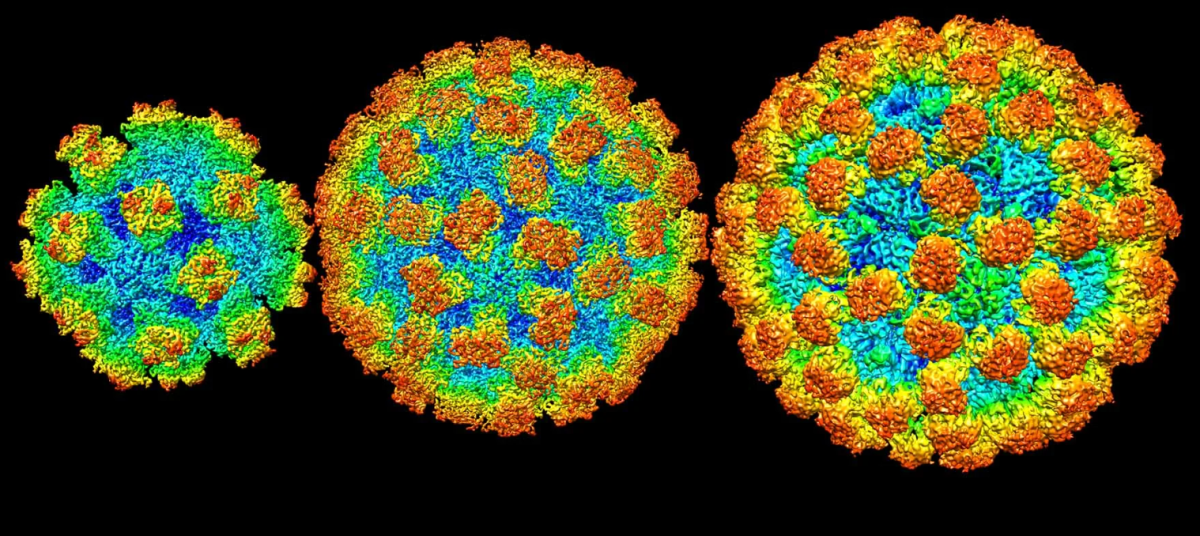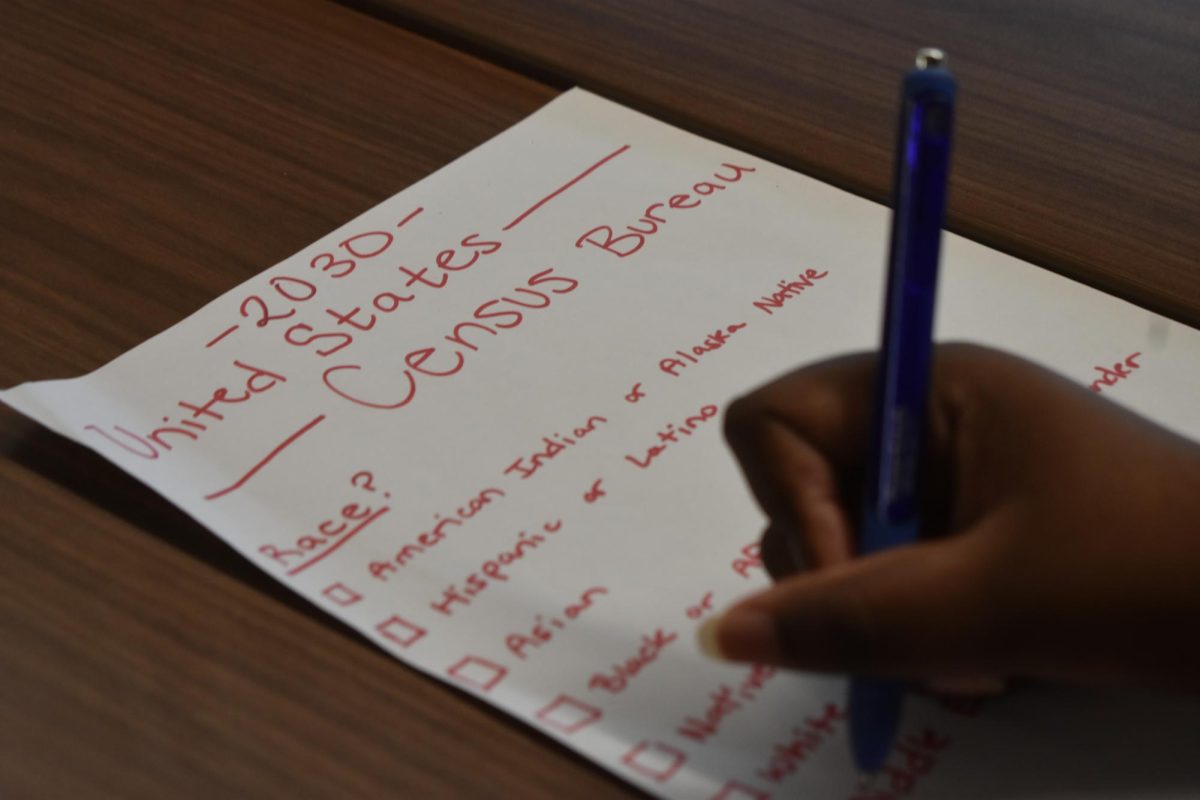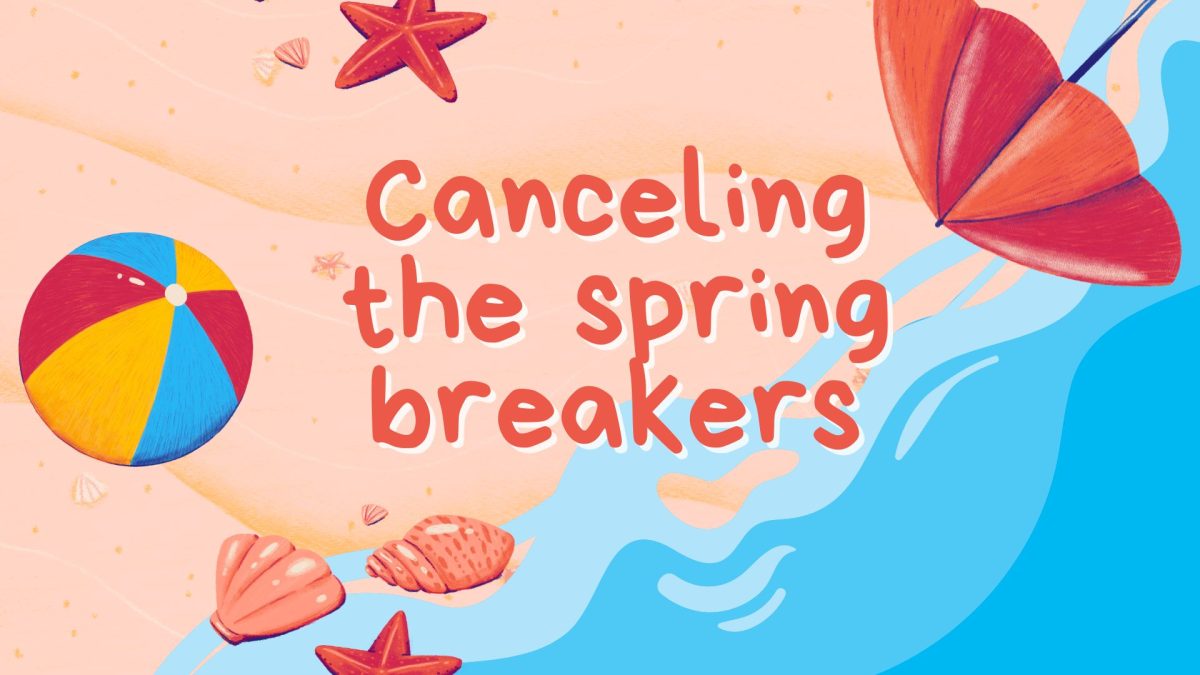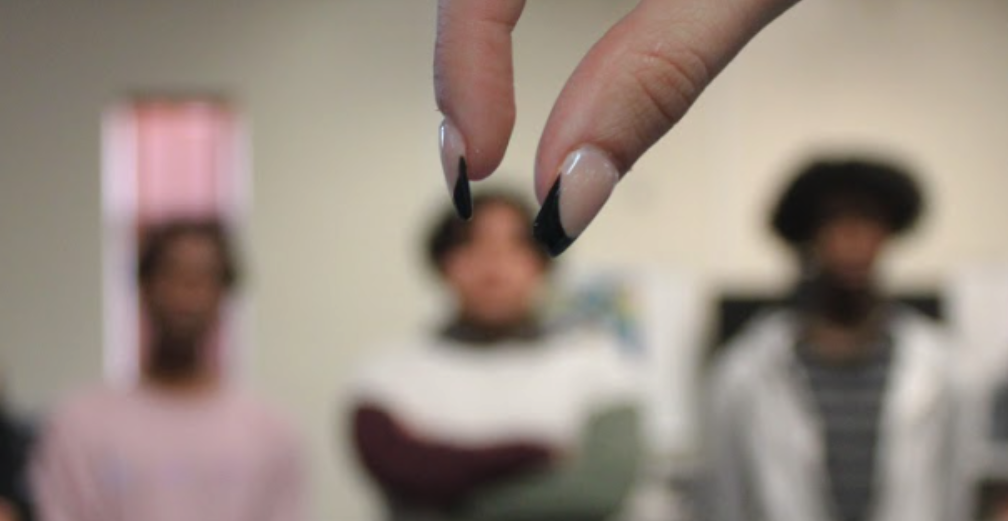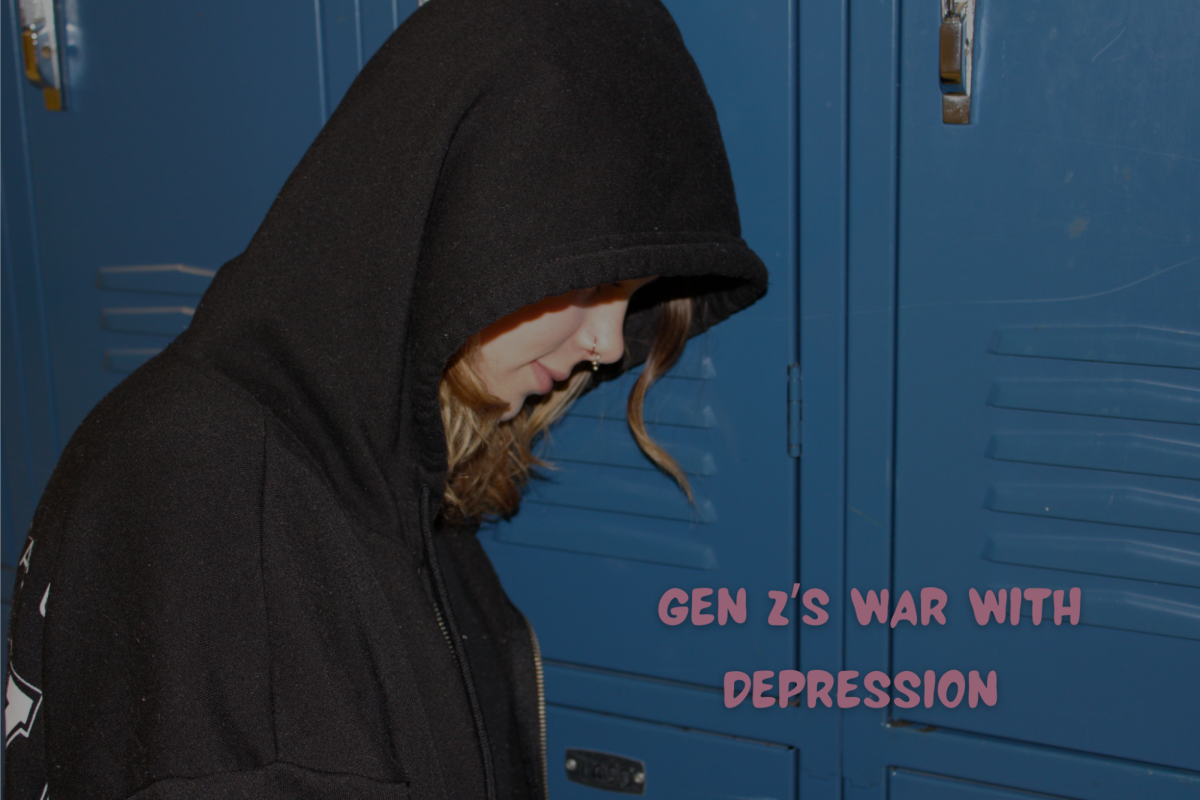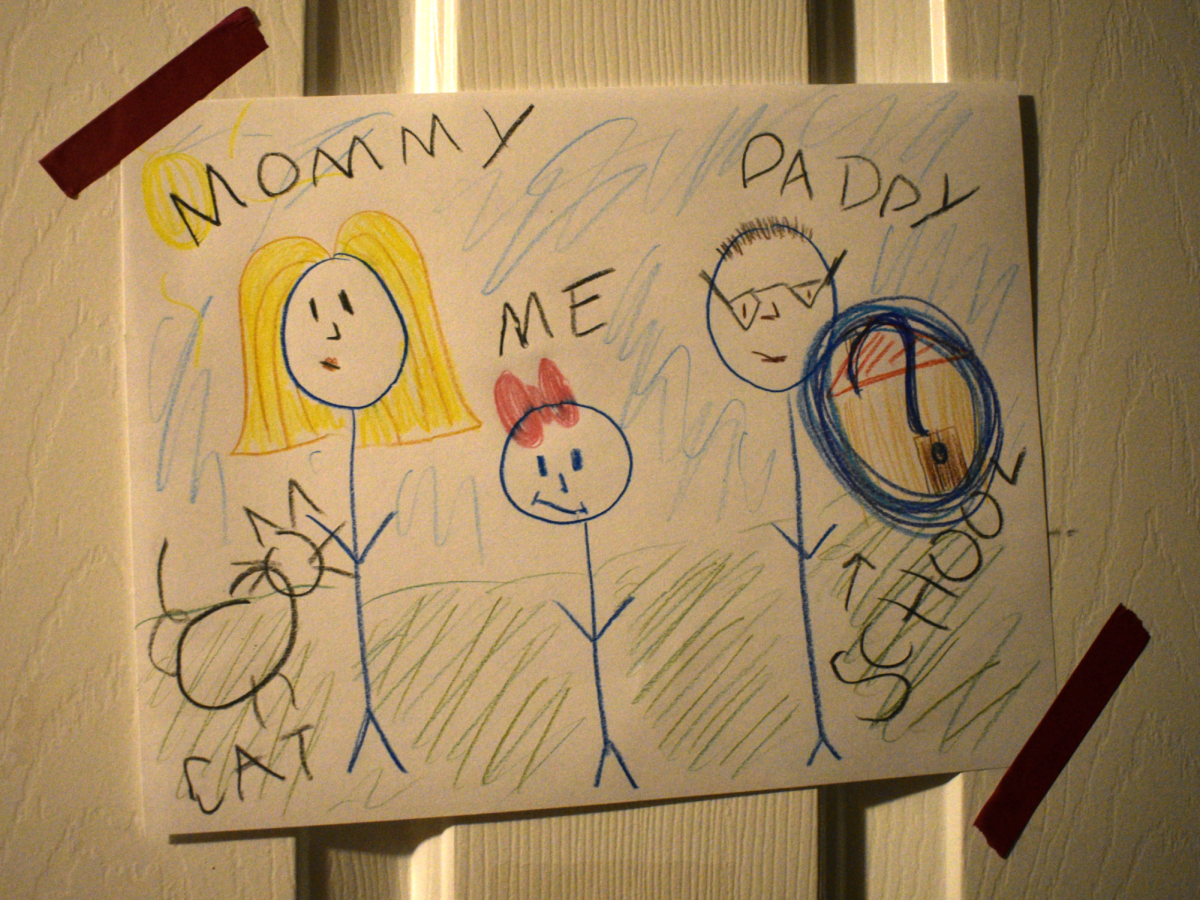August 24, 2023, the Tokyo Electric and Power Company (TEPCO) began the release of the Fukushima Daiichi nuclear power plant’s wastewater in response to a catastrophic tsunami that struck Japan’s Pacific Coast, setting off a series of explosions March 11, 2011. Twelve years later, the Japanese government decided to begin releasing the treated water, which once contained radioactive elements, into the Pacific Ocean. The controversy about releasing the 1.34 million tons of water over the span of 30 years into the Pacific Ocean brings tension and anxiety to a multitude of parties.
At the time, the three reactors in the plant that fully functioned were shut down by TEPCO after the initial shock from the tsunami which damaged the backup generators in the plant. Within the first couple of days of the incident, the loss of power led to the failure of cooling systems in the reactors. Consequently, the buildup of heat in the reactors released radiation, posing a significant safety risk to the local residents. This nuclear accident became equally dangerous to the Chernobyl disaster in 1986.
“Many foreign experts said the water discharge will have a negligible impact on the environment and human health. The International Atomic Energy Agency also said it has experts on the ground to ensure the release goes as planned. But with the discharge starting Thursday, public fears and frustration were being shared in its Asian neighbors, where many still bear strong resentment over Japan’s World War II aggression,” PBS reporter Hyung-Jin Kim said.
Japan initiated the process to release the treated water August 24 in hopes of receiving positive reactions from the public. Protests, specifically from China, oppose the water release because Chinese officials perceive it as a selfish and irresponsible act on Japan’s part, arguing the ocean belongs to all of humanity. Others share their fear of consuming seafood due to the tritium that possibly found in the fish, leading to people fully taking away fish products from their diet to steer away from the chances of consuming radioactive material. TEPCO explains that the water includes non-radioactive elements, except tritium, which scales within safe limits. The water underwent distillation after becoming contaminated while in contact with fuel rods from the reactors in the plant during the earthquake in 2011. Tritium can affect sea animals in the ocean, which leads to sightings of dead fish on beaches that draw the attention of South Koreans who share similar apprehensions about the release.
“The release of this water with radioactive material and substances are going to drastically impact animals, ecosystems and environments negatively…this because the release of these substances and chemicals will be entering the bodies of everything in that ecosystem meaning not only animals but plants as well which will lead to the decay of these said things leading to the extinction of the ecosystem…I think the best way to go about this conflict is to test the water multiple times through varying and intricate ways to see if it is safe or not,” magnet sophomore Trevor Smith said.
Japan ensures to release of the water in portions over multiple days and undergoes checks to release the water safely to match the first discharge which released 7,800 tons of water in 17 days. Japan claims that if the water is released successfully, the plant will create space to remove the highly hazardous, radioactive fuel and rubble from the reactors. Before the release, a study by the International Atomic Energy Agency (IAEA) concluded that the release met the international safety standards and that TEPCO and the Japanese government would monitor the Pacific to ensure that no radioactive debris enters the ocean. This provides hope to numerous residents around the area. October 5 will begin the second discharge date to release 7,800 tons of water over 17 days, similar to the first discharge. In weeks to come, dates will release to bring attention to the initiation of the next discharges.












